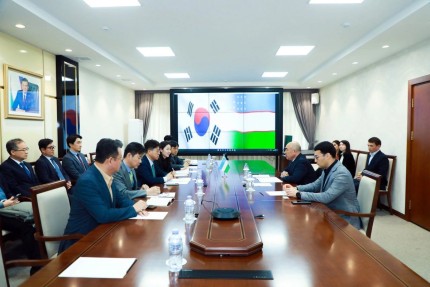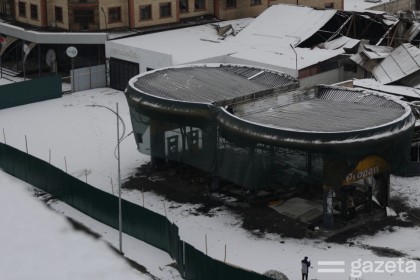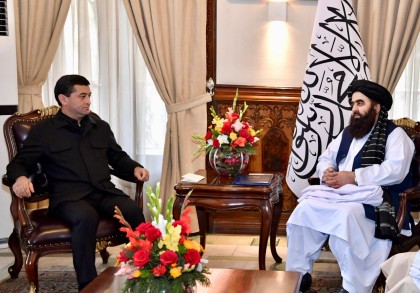The Cabinet of Ministers issued a resolution on Tuesday declaring the years 2026–2030 as the Exigent Period for Food Security In Uzbekistan.
During this period, measures are scheduled to make sure people get sufficient access to high-quality food items, prevent wasteful consumption of food, increase children's and adults' knowledge about healthy eating and careful handling of food, and improve food waste recycling.
Furthermore, the resolution stipulates harsher oversight over holding of weddings and other family events. In 2020, parliament backed procedures for holding such events, including limiting the number of participants. That same year, penalties were adopted for violating the regulation.
The Resolution also approved the Save Food program, aimed at reducing food waste and preventing waste in the food service industry.
Starting July 1, 2026, restaurants, pubs and cafes will be able to connect to centralized wastewater disposal systems only if they have grease traps. These traps will need to be cleaned of grease once a month, and the grease waste will need to be sent for recycling and disposal. Specifically, plans are underway to establish the production of secondary raw materials from waste fats, such as laundry soap, animal feed, and other materials.
Restaurants, pubs and cafes using gas, wood, or coal for cooking will be required to install devices to capture pollutants and odors to reduce air pollution.
Starting January 1 of next year, plans are underway to expand the use of organic fertilizers derived from food waste for growing agricultural produce.
The entire supply chain will be monitored with an aim to reduce agricultural product losses, including harvesting, packaging, loading, delivery, and storage. Stores will more widely implement a discount system for food products with expiring expirations.
Urban planning regulations and standards should include specific requirements for ventilation and air purification systems in restaurants, pubs and cafes.















